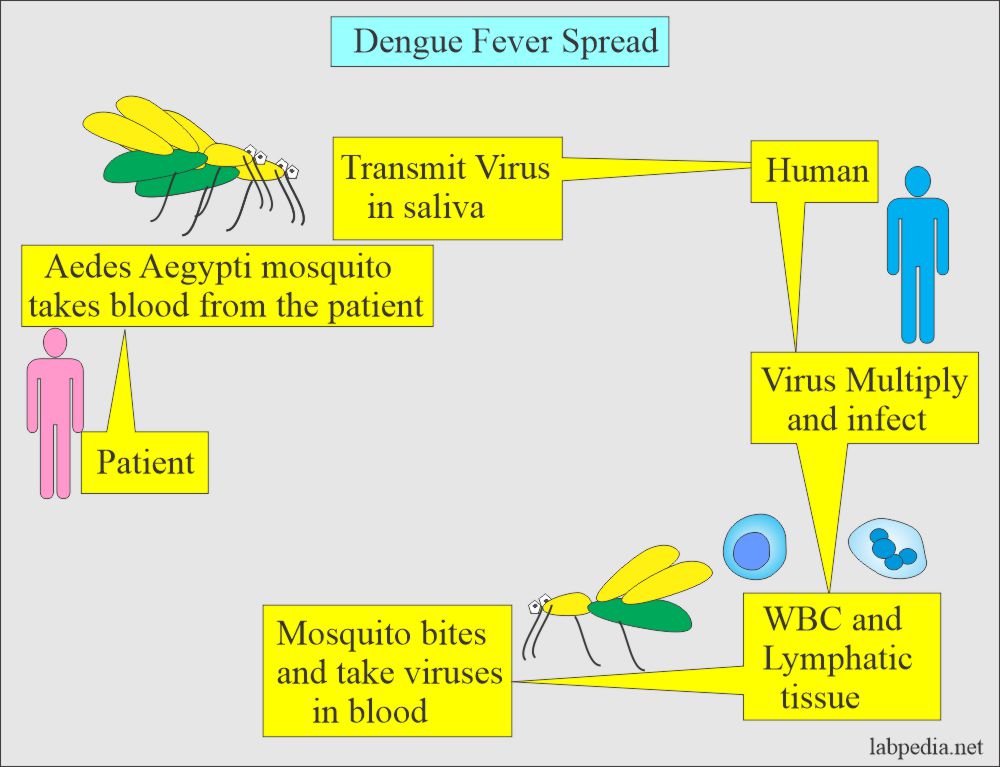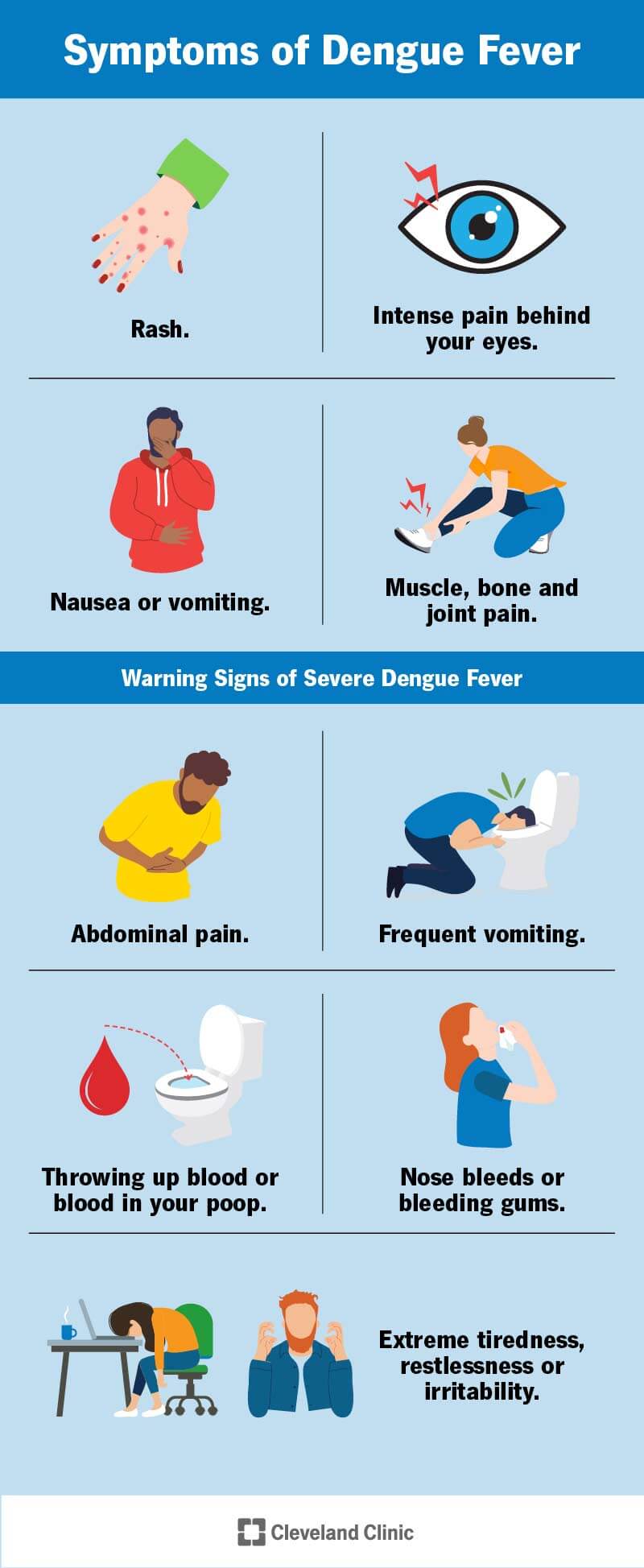Listen up, folks. Dengue fever is not just some random illness that you can brush off. It’s a serious mosquito-borne disease that affects millions of people worldwide every single year. Think about it—those tiny buzzing pests we all hate? Yeah, they could be carrying something far more dangerous than an itchy bite. So, it’s time to pay attention and get informed because knowledge is power, especially when it comes to protecting yourself and your loved ones.
Let’s dive straight into the facts. Dengue fever is caused by the dengue virus, which is transmitted through the bite of an infected Aedes aegypti mosquito. And guess what? These mosquitoes are super sneaky. They love hanging out in urban areas, breed in stagnant water, and are most active during daylight hours. That’s right—they don’t just come out at night like some other mosquitoes. This makes them even harder to avoid.
Now, you might be wondering why we’re talking about dengue fever so passionately. The truth is, this disease has been on the rise globally, and it’s becoming a major public health concern. According to the World Health Organization (WHO), about half of the world’s population is now at risk of dengue. That’s a staggering number, and it’s only going to get worse if we don’t take action. So, let’s break it down step by step and understand everything there is to know about dengue fever.
Read also:Software Tgd170.fdm.97 New Release
Table of Contents
Treatment Options for Dengue Fever
Read also:Psilocybe Azurescens
Common Myths About Dengue Fever
What is Dengue Fever?
Alright, let’s start with the basics. Dengue fever is a viral infection that’s transmitted by mosquitoes, specifically the Aedes aegypti species. It’s not contagious from person to person, which means you can’t catch it by touching or being near someone who’s infected. But here’s the kicker—it’s caused by four different serotypes of the dengue virus (DENV-1, DENV-2, DENV-3, and DENV-4). So, getting infected once doesn’t mean you’re immune forever. In fact, getting infected with one serotype can make you more vulnerable to severe dengue if you’re exposed to another serotype later on.
Now, here’s the thing. Dengue fever isn’t just a mild inconvenience. It can range from a mild illness with flu-like symptoms to a severe and potentially life-threatening condition known as dengue hemorrhagic fever (DHF) or dengue shock syndrome (DSS). And trust me, you don’t want to mess around with either of those.
Why is Dengue Fever Dangerous?
Here’s the deal. Dengue fever can escalate quickly, especially in people who have had previous infections. Severe cases can lead to bleeding, organ failure, and even death if not treated promptly. And the scary part is, symptoms can sometimes be misleading, making it harder to diagnose in the early stages. That’s why it’s crucial to recognize the warning signs and seek medical attention immediately if you suspect you’ve been bitten by an infected mosquito.
Symptoms of Dengue Fever
So, how do you know if you’ve got dengue fever? Well, symptoms usually appear about 4 to 10 days after being bitten by an infected mosquito. And let me tell you, they’re not exactly pleasant. The most common symptoms include:
- High fever (often reaching 104°F or 40°C)
- Severe headache
- Pain behind the eyes
- Muscle and joint pain
- Nausea and vomiting
- Rash
- Mild bleeding (like nosebleeds or gum bleeding)
But here’s the kicker. In severe cases, symptoms can escalate to:
- Severe abdominal pain
- Persistent vomiting
- Bleeding from the gums or nose
- Blood in vomit or stool
- Difficulty breathing
- Fatigue or restlessness
If you or someone you know is experiencing any of these symptoms, don’t wait around. Get to a doctor ASAP.
Causes of Dengue Fever
Let’s talk about the root cause here. Dengue fever is caused by the dengue virus, which is transmitted through the bite of an infected Aedes aegypti mosquito. And here’s the kicker—these mosquitoes are super efficient at spreading the virus. Once a mosquito bites someone who’s infected, it becomes a carrier and can spread the virus to others through subsequent bites.
Now, here’s something you might not know. The Aedes aegypti mosquito is a sneaky little bugger. It loves urban environments, breeds in stagnant water, and is most active during daylight hours. So, if you live in or travel to areas where these mosquitoes are prevalent, you’re at higher risk. And unfortunately, that list includes a lot of tropical and subtropical regions around the world.
How Does the Virus Spread?
Here’s how it works. When a mosquito bites someone who’s infected with the dengue virus, the virus enters the mosquito’s system. The mosquito then becomes a carrier and can transmit the virus to anyone it bites afterward. And here’s the scary part—once you’re infected, the virus can multiply in your bloodstream and cause all sorts of havoc.
Diagnosis of Dengue Fever
So, how do doctors figure out if you’ve got dengue fever? Well, it starts with a physical examination and a review of your symptoms. But here’s the thing—dengue fever can sometimes mimic other illnesses, like the flu or Zika virus. That’s why diagnostic tests are crucial.
Doctors can use blood tests to detect the presence of the dengue virus or antibodies against it. These tests can help confirm a diagnosis and determine whether you’ve been infected with one of the four serotypes of the virus. And if you’ve had dengue before, these tests can also help identify whether you’re at risk of severe dengue.
Treatment Options for Dengue Fever
Alright, so you’ve been diagnosed with dengue fever. What now? Well, there’s no specific medication to treat dengue fever, but there are ways to manage the symptoms and prevent complications. Here’s what you need to do:
- Rest—lots and lots of rest. Your body needs time to fight off the virus.
- Stay hydrated. Drink plenty of fluids to prevent dehydration, especially if you’re experiencing vomiting or diarrhea.
- Take pain relievers like acetaminophen to reduce fever and pain. But here’s the thing—avoid aspirin and ibuprofen because they can increase the risk of bleeding.
- Monitor your symptoms closely. If you start experiencing warning signs of severe dengue, get to a hospital immediately.
And here’s the most important part. If you develop severe dengue, you’ll need to be hospitalized. Treatment may include intravenous fluids, blood transfusions, and close monitoring of vital signs.
Preventing Dengue Fever
Now, let’s talk about prevention because, let’s be honest, avoiding dengue fever is way better than dealing with it. Here’s what you can do:
- Use insect repellent. Look for products containing DEET, picaridin, or oil of lemon eucalyptus.
- Wear long-sleeved shirts and pants, especially during peak mosquito hours.
- Stay in air-conditioned or screened-in rooms to keep mosquitoes out.
- Eliminate standing water around your home to prevent mosquito breeding.
And here’s something else you can do. If you’re traveling to a dengue-endemic area, consider getting vaccinated. More on that later.
Dengue Fever Statistics
Let’s talk numbers because, well, they don’t lie. According to the WHO, there are an estimated 390 million dengue infections worldwide each year, with about 96 million manifesting clinically. And here’s the kicker—dengue cases have been on the rise in recent years, with some regions reporting a 30-fold increase in the past 50 years.
Now, here’s something else to consider. Dengue fever is most prevalent in tropical and subtropical regions, particularly in Southeast Asia, the Americas, and the Western Pacific. But don’t be fooled—cases have been reported in other parts of the world as well, including Europe and the United States.
Global Impact of Dengue Fever
So, what’s the big deal? Why should we care about dengue fever on a global scale? Well, here’s the thing. Dengue fever has a significant impact on public health, healthcare systems, and economies worldwide. It leads to increased hospitalizations, lost productivity, and a strain on healthcare resources, especially in low- and middle-income countries.
And here’s the kicker. Climate change is making things even worse. Rising temperatures and changing weather patterns are expanding the range of mosquitoes that carry the dengue virus, putting even more people at risk. So, it’s not just about protecting yourself—it’s about protecting the planet and its inhabitants.
Vaccines for Dengue Fever
Alright, let’s talk vaccines. There are currently a few dengue vaccines available, but here’s the thing—they’re not perfect. The most widely used vaccine, Dengvaxia, is recommended for people aged 9 to 45 who have had a previous dengue infection. That’s because the vaccine can actually increase the risk of severe dengue in people who haven’t been infected before.
Now, here’s the good news. Research is ongoing, and new vaccines are in development. Scientists are working hard to create a safe and effective vaccine that can protect people of all ages, regardless of their previous exposure to the virus. So, there’s hope on the horizon.
Common Myths About Dengue Fever
Let’s clear up some misconceptions about dengue fever because, well, misinformation can be dangerous. Here are a few common myths:
- Myth: Dengue fever is contagious. Fact: It’s not contagious from person to person. It’s transmitted through the bite of an infected mosquito.
- Myth: You can only get dengue fever once. Fact: There are four serotypes of the dengue virus, so you can get infected multiple times.
- Myth: Dengue fever only affects children. Fact: Anyone can get dengue fever, regardless of age.
So, don’t fall for these myths. Stay informed and take steps to protect yourself and your community.
Conclusion
Alright, let’s wrap this up. Dengue fever is a serious and potentially life-threatening disease that affects millions of people worldwide. But here’s the good news—you can protect yourself and your loved ones by staying informed, taking preventive measures, and seeking medical attention if you suspect you’ve been infected.
Remember, knowledge is power. By understanding the causes, symptoms, and prevention strategies for dengue fever, you can help reduce the spread of this dangerous disease. So, take action today and do your part to keep yourself and your community safe.
And hey, don’t forget to share this article with your friends and family. The more people know about dengue fever, the better equipped we’ll be to fight it. So, hit that share button and let’s spread awareness, not the virus!


